Funké Nnennaya Michaels describes her cultural heritage as a mix of Nigerian and Kenyan. Migrating from Lagos, Nigeria, and living in several countries including the US, UK and countries in the Caribbean, the Middle East and Europe, she is a citizen of the world and a Fellow of the Policy Academy at Newcastle University. Funké believes that women, irrespective of race, are the best ambassadors to deconstruct the stereotypical thinking around issues of race and colour. She opines that it is the values a child learns from home that the world sees displayed as racism or cultural intolerance. She asserts that if women can commit to intentionally raising children who understand the scientific and social benefits of embracing this beautiful melanin colour and heritage, we would have come a long way in achieving an inclusive society. Funké tells her full story here:
My work as an expatriate, which started 15 years ago, has taken me to several countries and finally back to England where I now live. Starting over in a new place can be challenging; however, my family and I have learned to view our migration to different countries as adventures, which has helped us adapt better. We noticed very few people of colour when we first arrived at our present location, but over the years, we have seen more Africans and greater diversity in our local community. This means more African-centered businesses, improved cultural engagements, and the semblance of that good old African co-parenting, making us a cultural hub with a shared value system.
As a career woman and academic whose most active years are also spent giving birth and raising children, I am grateful for my immediate family and close friends who form a virtual and physical support system around me. I remember when I was pregnant with twins during my exams at Harvard, I was committed to completing my degree without taking time off, so I attended school until my delivery day. After my final semester exam, I drove myself straight to the hospital and gave birth to my twin girls. My classmates and program leaders were very supportive, and our friends and family took turns doing omugwo, cooking and babysitting. The experience was much the same as it would have been had I given birth in Nigeria, because it really does take a village to raise a child. I also learned that although we may face different challenges as migrants to new cultures, those are the times to bring out the inner strength for which black women are known, so that we can create communal solutions from our shared experiences.
Looking back, I have absolutely no regrets about my journey so far. I have reached this point by giving my best at every opportunity. Sometimes, I have taken up roles without knowing how the people and community would respond to me. Despite this, I realize that even mistakes and unintentional errors can lead us to a destination that benefits more people than we could ever have imagined. So, I have learned to walk my road without regrets because my mistakes and strategies have led me here. This journey of personal growth, of learning from mistakes and turning them into opportunities, is something that I hope can inspire others to keep pushing forward, no matter the challenges they may face.
As an African, a woman, and an experienced professional, my skin colour has made some people look twice at my qualifications and wonder what miracles put me in the same room as them. I have faced discrimination in various forms, from subtle biases, to outright prejudice. However, the fact remains that I entered the same room as they did through pure merit and hard work. Also, while I may have had to work twice as hard to be where I am, I find that opportunities where discrimination is apparent, can serve as platforms to tell my story: how a little Lagos girl got to travel the world out of academic curiosity. So rather than be intimidated by discrimination, we should learn to leverage it as a platform to showcase our diversity, resilience, talents and die-hard spirit. Also, as women, we should never lose our sense of curiosity or our desire to learn because these qualities keep us youthful and vibrant.
I have walked a long way to get here, and often, simple acts of kindness from one human to another have helped more than anything else. I am excited about the adventures that lie ahead, and by the impact we can make collectively. Africa is a continent of talented and beautiful women, and we are just beginning to export this talent to the rest of the world. This is the time to let our light shine because we, too, can be agents of positive change, harbingers of hope, and beacons of bravery.
*Omugwo is an African cultural practice where the woman’s mother (or other family member) spends some time with the household after childbirth to care for mother and newborn baby.
Funké tells hers story from England, United Kingdom.


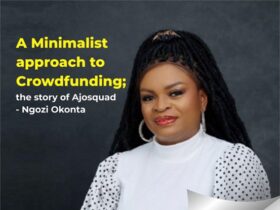
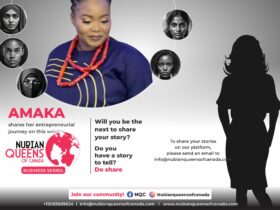
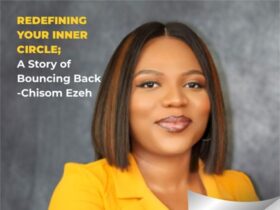
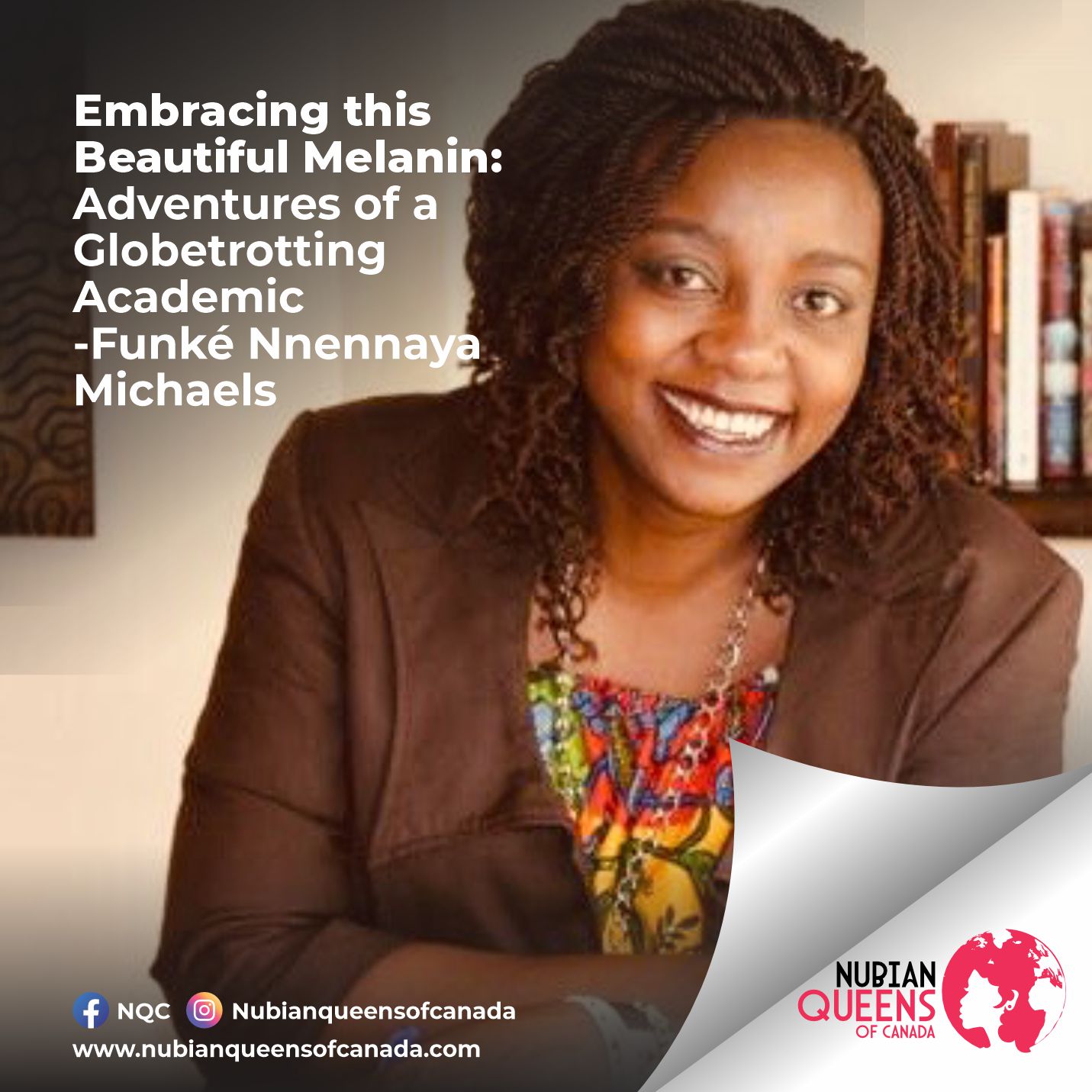
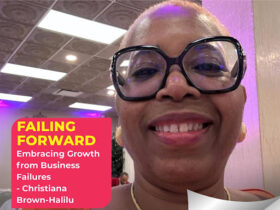
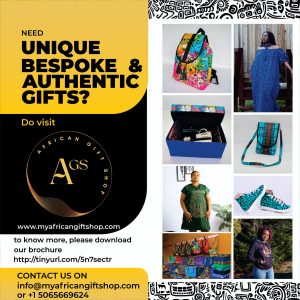
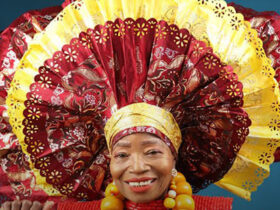

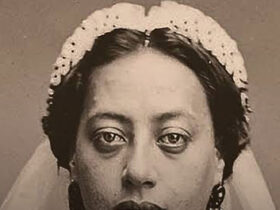




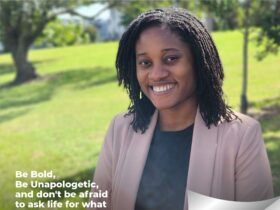
Leave a Reply